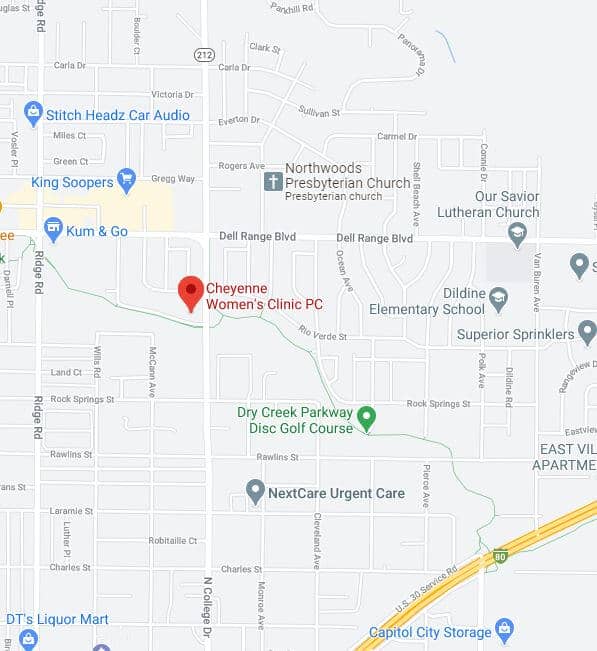When done during pregnancy, screening tests assess the risk that the fetus has certain common birth defects. A screening test cannot tell whether the fetus actually has a birth defect. There is no risk to the fetus from screening tests.
Diagnostic tests can detect many, but not all, birth defects caused by defects in a gene or chromosomes. Diagnostic testing may be done instead of screening if a couple has a family history of a birth defect, belongs to a certain ethnic group, or already has a child with a birth defect. Diagnostic tests also are available as a first choice for all pregnant women, including those who do not have risk factors. Some diagnostic tests carry risks, including a small risk of pregnancy loss.






